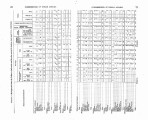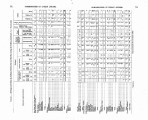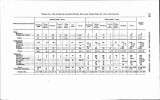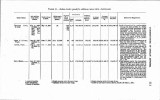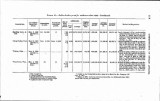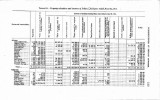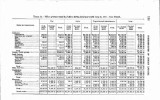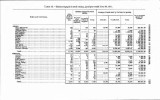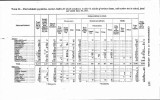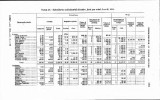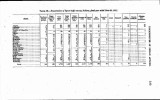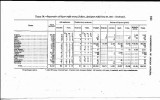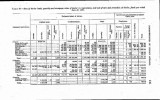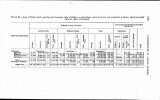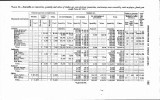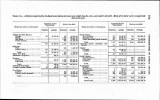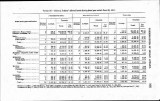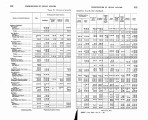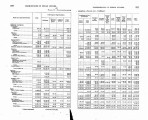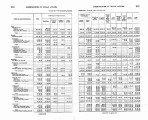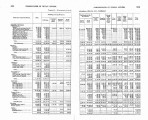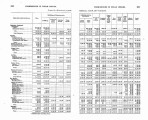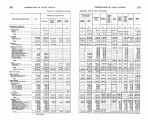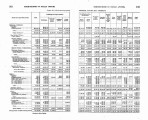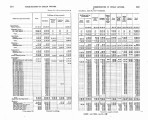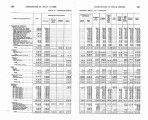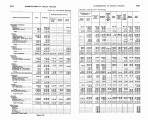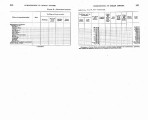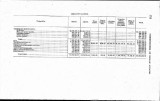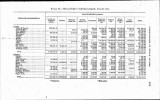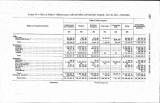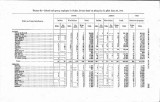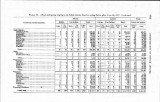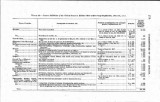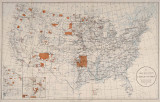| OCR Text |
Show COXMISSIONER OF INDIA* AFFAIRS. 35 A&g according to this policy, the office bent its h t energies toward closing saloons and arresting bootleggers who conveyed liquor into the immediate proximity of the Indians. When we had closed the saloons in one town that did this, we went to the next town, not taking the time to deal with salmns which were rigorously obeying the laws of the State which forbid the sale of liquor to Indians. But this course involved us in so many charges of discrimination, and it was SO d5cult to sift the totally unjust charges from those that might have had some element of justice, that we decided to abandon this policy, and to mark out that part of the whole ceded territory which immediately surrounded reservatiops which had in it the largest number of towns that were notoriously selling to Indians. I drew this line because I knew that, as to the territory within it which immediately and vitally affected the Indians, we had money and men enough to enforce the law. The office gave notice that the saloons within this territory would be closed. Pending consideration of the strong protests that arose from the communities involved, the date was put forward a month, and after further consideration of all the issues involved, the department decided on October 7,1910, that the liquor provisions of these treaties should be put in force throughout the whole ceded territory, involving a large past of the State of Minnesota, and the city of Minneapolis, without discrimi-nation as to persons or territory. This order naturally aroused even more violent protests than before, because it affected over two-thirds of the State, in a very large part of which no Indian question whatever was involved. : In some of the treaties there was an authorization for the PA-dent, by Executive order, to change the boundaries; in others, only by the action of the Congress wuld a change be effected. On February 16,1911, the President modified the treaties where be had the power, and made recommendations to Congress as to the others. The effect of this wise action if supplemented by future congressional action will be to limit the operation of the liquor provisions of the treaties to that portion of the ceded territory immediately adjoining Indian homes, and thus to retain all of the law that was valuable to the Indians. The regulation of liquor traffic in those portions of the ceded territory remote from the Indians, and inhabited exclusively by whites will be left, as it should be, to the State, thus repealing all of the law that wuld in any way be properly objectionable to the Whites. The Congress adjourned without action. The matter is further complicated by the institution of a suit by certain liquor dealers seeking to enjoin the officers of the Department from interfering with their business. A temporary injunction was granted and the matter is now pending in the United States Circuit |













































































